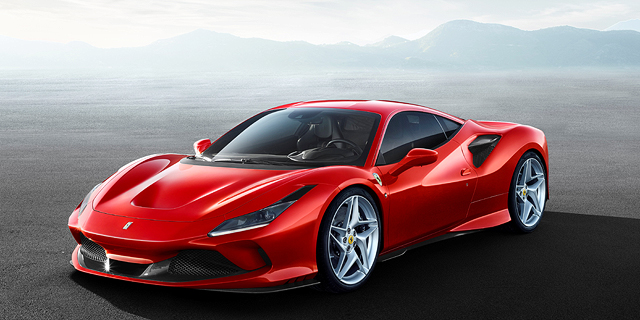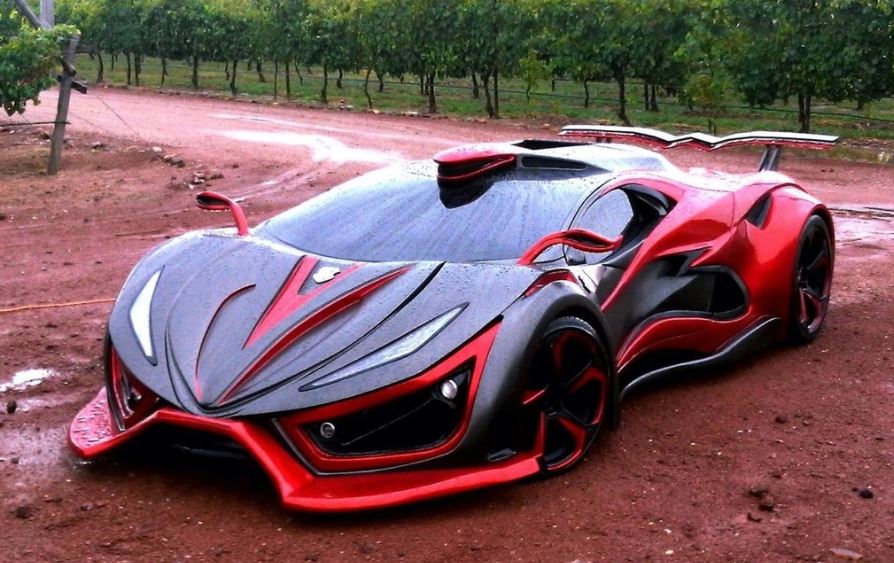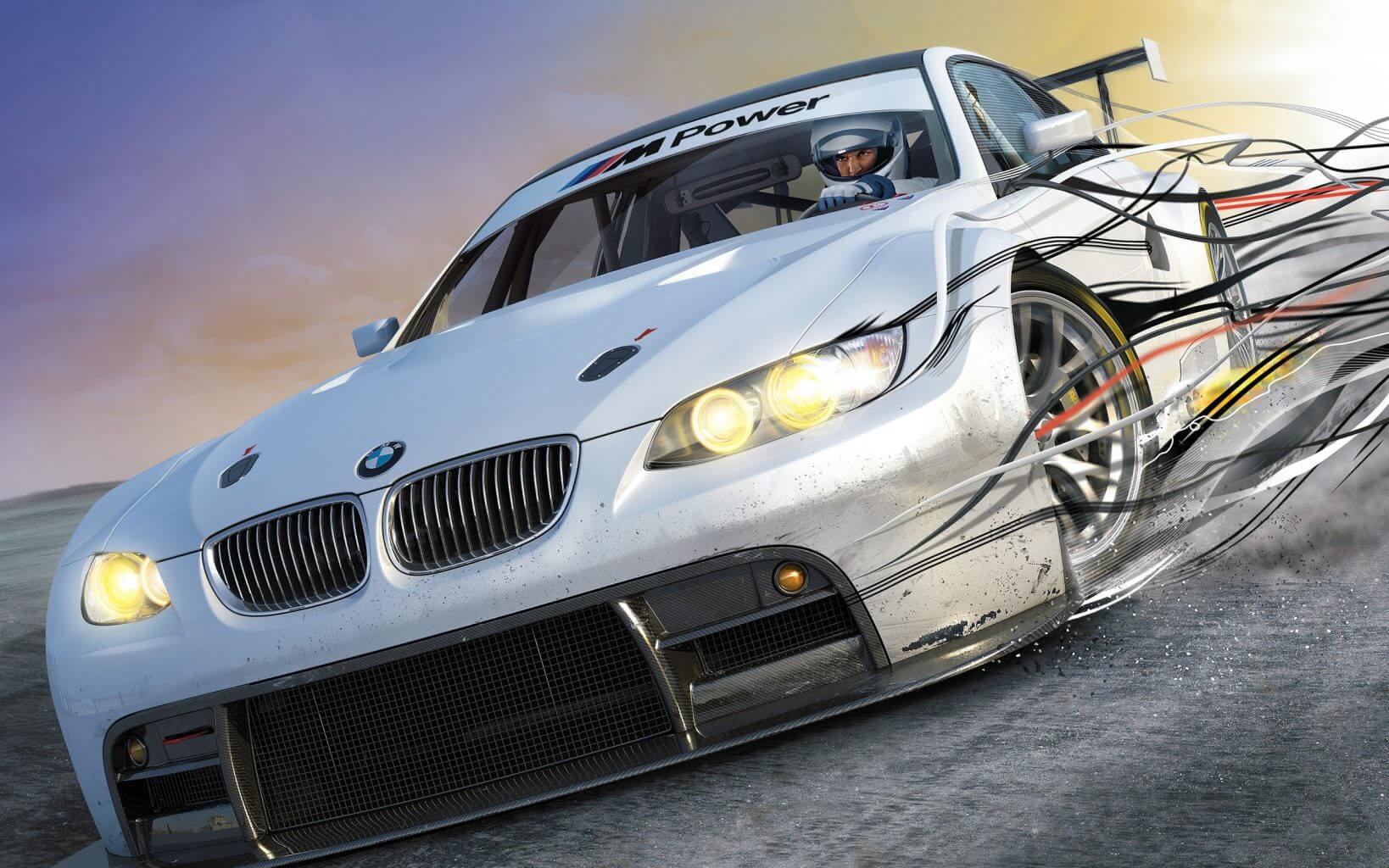Car photography has become increasingly popular in recent years, and it's not hard to see why. With the advancement of technology, anyone can capture breathtaking pictures of cars that rival those seen in professional magazines. Whether you're a car enthusiast or simply appreciate the art of photography, car pictures are an excellent way to admire the beauty and craftsmanship of these incredible machines. When taking pictures of cars, finding the right angle is crucial. It can make the difference between a mediocre shot and an extraordinary one. Experiment with different perspectives, such as low-angle shots to emphasize the car's power and dominance, or high-angle shots to showcase the sleek lines and design. Natural light is a car photographer's best friend. The soft, warm glow of the sun can enhance the car's colors and textures, creating a visually stunning image. Opt for shooting during the golden hour, which occurs shortly after sunrise or before sunset, as the lighting conditions are ideal for capturing captivating car pictures. Reflections can add an artistic touch to car photography. Look for reflective surfaces like water puddles or shiny buildings that can create interesting reflections on the car's surface. These reflections can add depth and dimension to your pictures, making them more visually appealing. Car photography is not just about capturing the entire vehicle; it's also about highlighting its unique features and details. Zoom in on the intricate design elements, such as the curves of the body, the logo, or the headlights. These close-up shots can reveal the craftsmanship and beauty that often go unnoticed. The background of a car picture can greatly impact the overall aesthetic. Avoid cluttered or distracting backgrounds that may detract from the car itself. Opt for simple and clean backgrounds that allow the car to be the main focus. Urban settings, open roads, or scenic landscapes can provide excellent backdrops for car photography. Adding a sense of motion to car pictures can create a dynamic and thrilling effect. Experiment with different techniques, such as panning shots, to capture the car in motion while keeping the background blurred. This technique can simulate the feeling of speed and excitement, making your pictures more engaging. Nighttime photography can transform car pictures into works of art. The combination of artificial lighting and the car's headlights can create a mesmerizing visual display. Experiment with long exposure shots to capture the light trails of passing cars, resulting in stunning and ethereal images. After capturing the perfect shot, editing is the final step in bringing out the full potential of your car pictures. Adjust the exposure, contrast, and colors to enhance the overall look. Be careful not to overdo it, as natural-looking images tend to be more appealing. Once you've perfected your car pictures, share them with the world! Display your work on social media platforms or create an online portfolio to showcase your talent. Join communities of car photographers to connect with like-minded individuals and gain inspiration from their work. Car photography, like any other art form, requires continuous learning and experimentation. Stay updated with the latest photography techniques, follow car photography blogs, and attend workshops or seminars to expand your skills and knowledge. Embrace new challenges and never stop growing as a car photographer. In conclusion, car photography is a captivating art form that allows us to admire the beauty of these incredible machines. By mastering the right angles, utilizing natural light, exploring reflections, and showcasing details, you can capture stunning car pictures that will leave viewers in awe. Remember to experiment, edit with care, and share your work to inspire others and contribute to the vibrant world of car photography.The Beauty of Car Photography
1. Capturing the Perfect Angle

2. Utilizing Natural Light
3. The Art of Reflections

4. Showcasing Details
5. Choosing the Right Background
6. Experimenting with Motion

7. The Magic of Nighttime Photography
8. Editing for Perfection
9. Sharing Your Masterpieces

10. Keep Evolving






